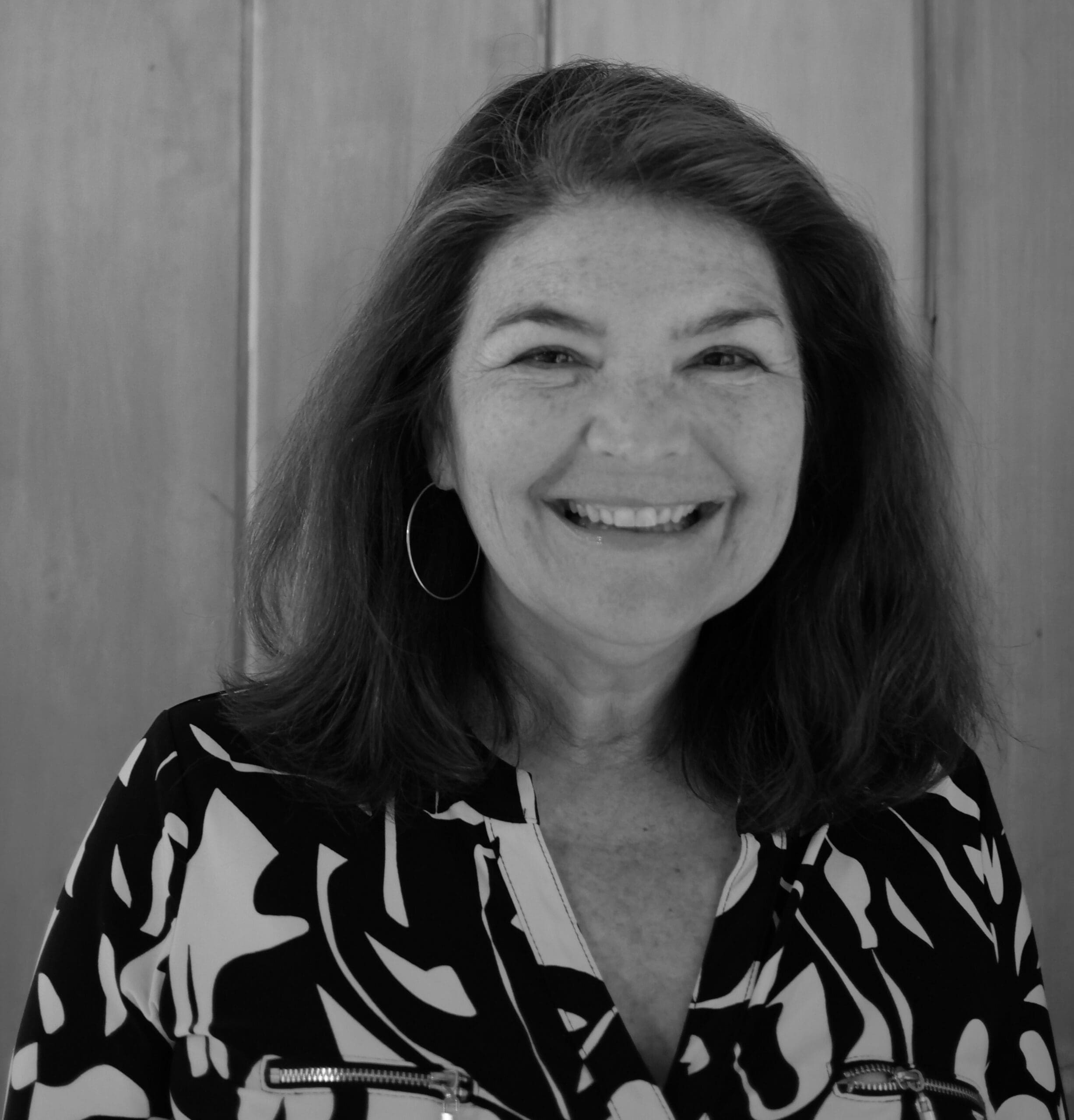Top Hospitals and Healthcare 2017: VCU Massey Cancer team is first in the world to use a new breakthrough treatment for pancreatic cancer.

Elaine Zierden, specialty team manager; Brian Kaplan, M.D., surgical oncologist; Emma Fields, M.D., radiation oncologist.
Photo by John Wallace, courtesy of VCU Massey Cancer Center
In December 2016, Bonnie Blackburn of Chester, then 51, learned she had pancreatic cancer after a trip to the ER for upper abdominal pain. “I was in total shock,” she says. “It doesn’t run in my family.”
Pancreatic cancer is often advanced by the time most patients learn they have it, and it quickly spreads to nearby organs. The pancreas is located deep in the body and is close to the aorta and other large blood vessels, as well as organs including the stomach, small intestine and liver. Sadly, the one-year survival rate is just 20 percent, according to the American Cancer Society.
Traditionally, only about 15-20 percent of pancreatic cancer patients are candidates for surgery, says Dr. Emma Fields, Blackburn’s radiation oncologist at VCU Massey Cancer Center in Richmond. “The main way to cure pancreatic cancer is to have a really good surgery,” one which completely removes the tumor and leaves no microscopic cancer cells behind. Because of the pancreas’ location, it’s hard to get this “clear margin,” she explains.
Fields and the rest of the VCU Massey Cancer Center team offered Blackburn a new option—the CivaSheet, made by CivaTech Oncology in Durham, North Carolina, with whom VCU has a long relationship through other products. The bioabsorbable sheet is placed on the pancreas, following the removal of a tumor. Blue dots on one side of the sheet emit radiation; the other side protects nearby healthy tissues with a gold barrier. VCU is one of four centers in the U.S. participating in the clinical trial.
“The idea is that it’s laid faced down against those big blood vessels and veins, and you give the dose just in one direction to where that positive margin most commonly occurs, at the back of the peritoneal cavity,” says Fields. The sheet does not need to be removed as it is completely absorbed in the body.
In March 2017, Fields, surgical oncologist Dr. Brian Kaplan, and medical physicist Dr. Dorin Todor were the first in the world to implant a CivaSheet. Blackburn, whose surgery took place July 19th, was only the third patient in the world to be treated with the product.
Before her surgery, however, she had already undergone two rounds of chemotherapy and radiation. Fields is a leading advocate for shrinking tumors before removing them, to reduce the chance of having a positive margin. After her surgery, Blackburn was out of the hospital in less than a week. Her pathology report showed a clear margin, and a three-month CT follow-up showed no evidence of pancreatic cancer.
“Patients love this,” says Fields of the CivaSheet. “We did an interview on NPR, and I got so many calls from people with pancreatic cancer who want more options.”
“People are devastated when they get a diagnosis like this,” she adds, “but to hear that there are people who care, who are trying to make it better, who potentially have options to improve outcomes, I think it adds a piece of hope which really makes a difference.” Massey.VCU.edu









